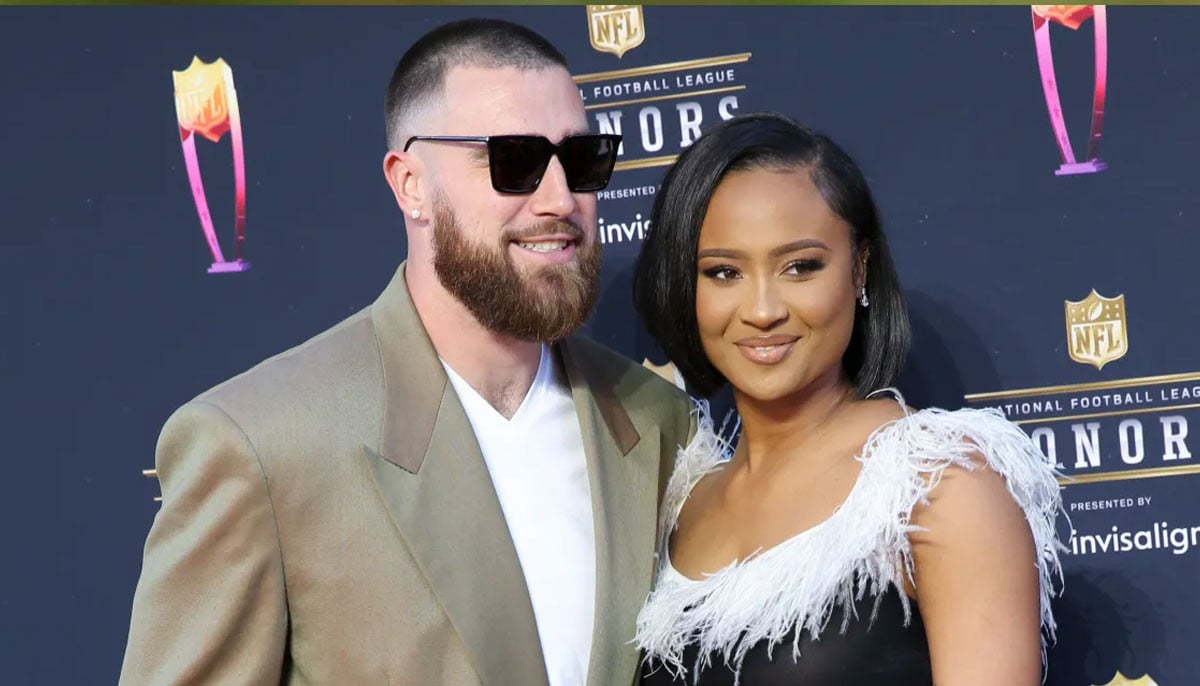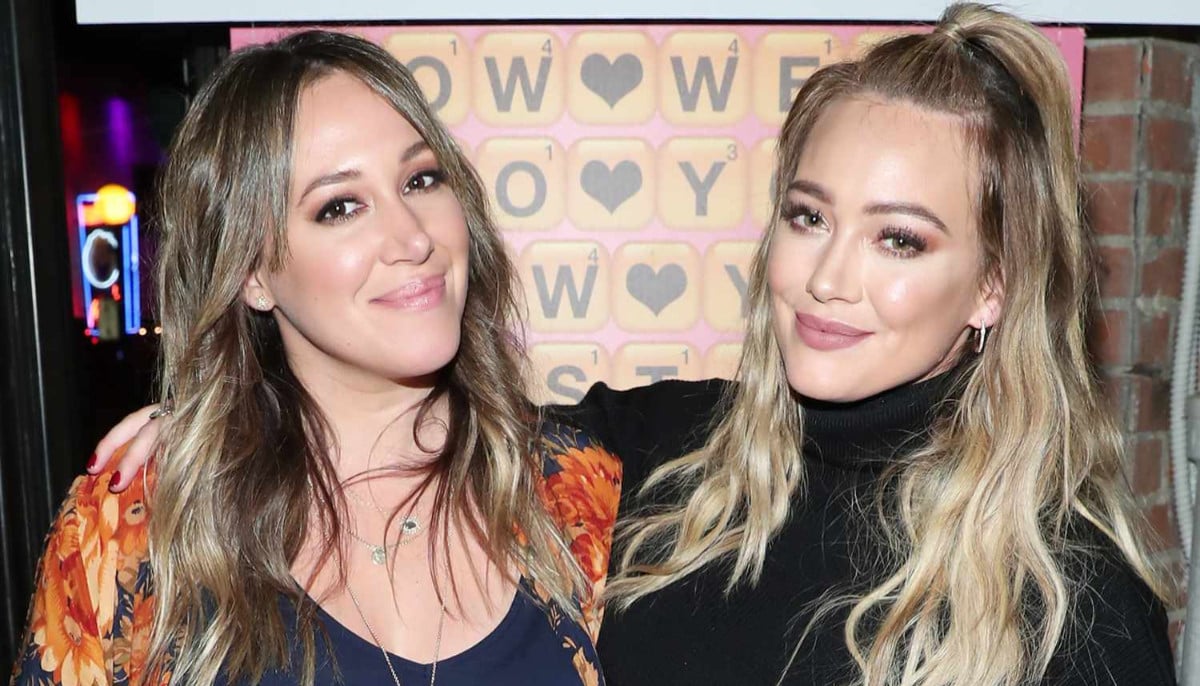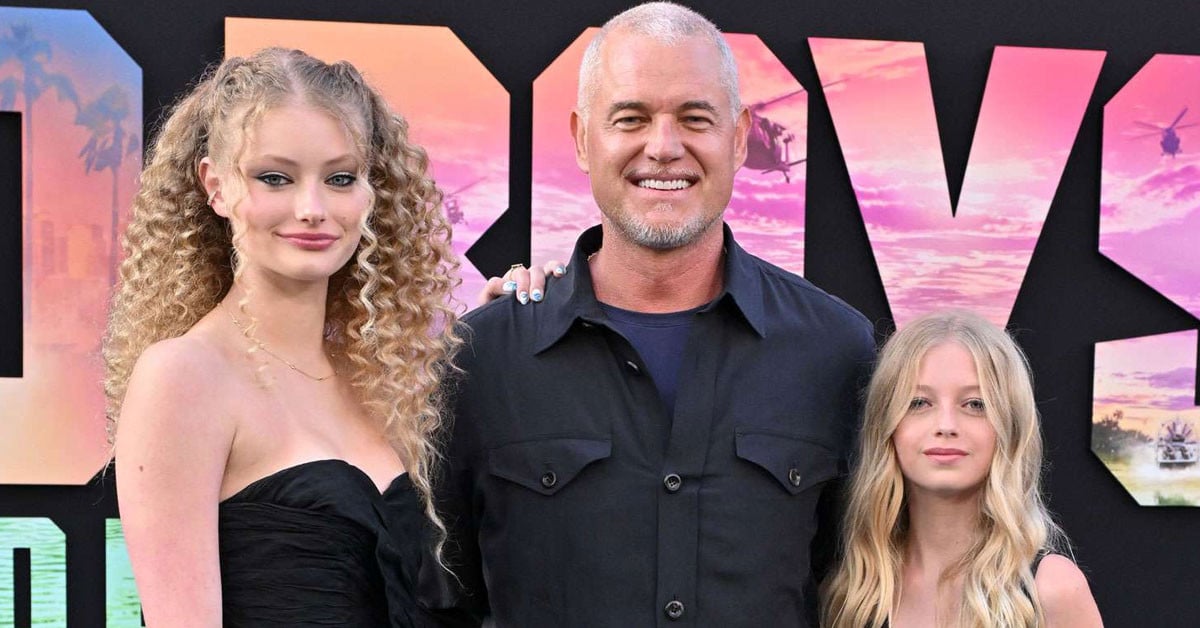The screams from the women and children pierce the air as the battering ram smashes through the front door of their home.
There’s shouting and all-round chaos as police officers – machine guns and pistols held out in front of them – pile inside.
Doors are kicked in, curtains ripped down, drawers are opened in bedrooms, and boxes and tables are overturned.
“There’s children here!” the women shout, as they all drop to the floor.
We are on a drugs raid in Guayaquil in Ecuador, and the police say they have good intelligence that this is the home of a drug dealer.
I have done dozens of embeds during my career covering Latin America’s drugs gangs, and it’s always deeply upsetting to see children caught up in it.
These are homes, and these are women and children, but their rights are trumped by their circumstances – they are poor, live in a rough area, and the likelihood is that one of their family members is part of a gang.
The police coming through their door is a fact of life for them.
What has changed here, though, is that the raids have increased, and will continue to.
Why? Because US President Donald Trump has launched a war against drug cartels – and is demanding that countries on his list of troublesome nations tow the line and join him, or face punishing sanctions or worse.
Ecuador doesn’t produce drugs, but it is used as a transit country by drug cartels in this region. Its ports are the gateway to sea routes north to the United States and west to Asia and the South Pacific.
It is for this reason that Ecuador is on Trump’s list. But Ecuador wants help combatting these criminal networks and has been co-operating with the US.
Trump has been sending resources and military muscle to Ecuador, and the US is planning to open a military base there.
In exchange, Ecuador’s security forces are raising their game to assure America that they are on the same page.
We witnessed this effort in real time, guided through multiple raids by a police officer with the call sign “Lynx”. He’s a former special forces officer now affiliated with the drugs squad, and he is something of a phenomenon.
“The United States [is] giving us money, guns, technology, and we are so happy about that,” he told me.
“It’s very important for the war.”
You could say that Lynx is in many ways the poster boy of the Ecuadorian police – he’s extremely confident, highly rated by his superiors and adored by his team.

















